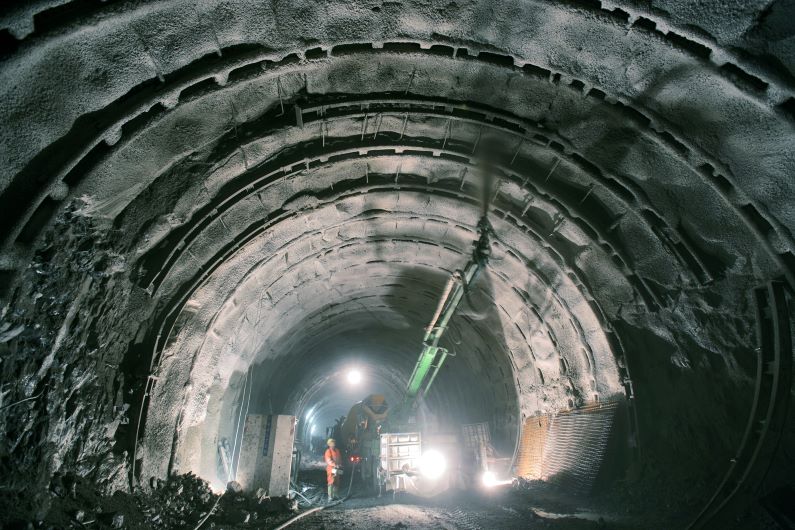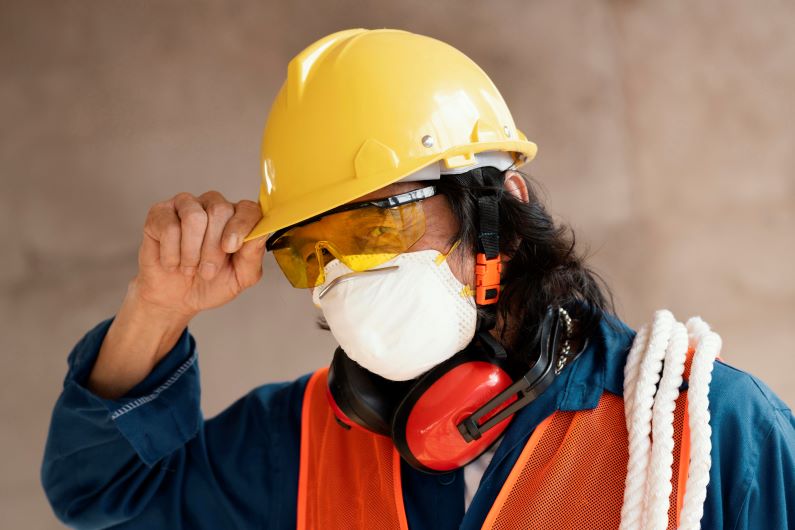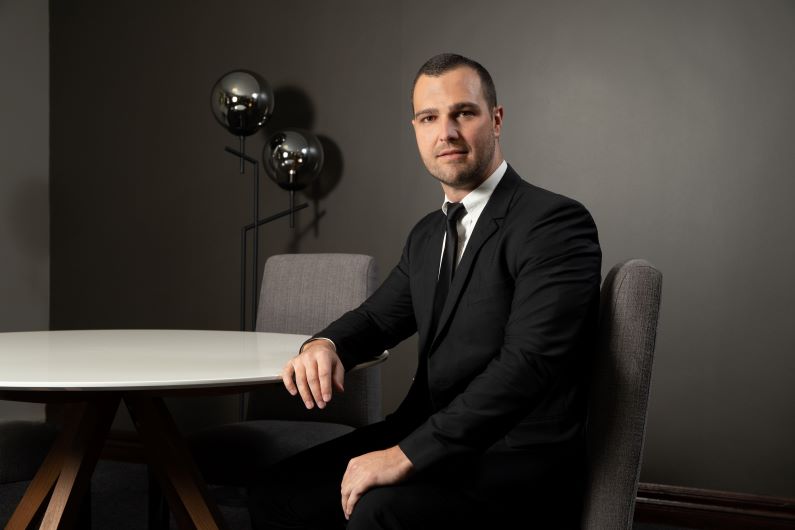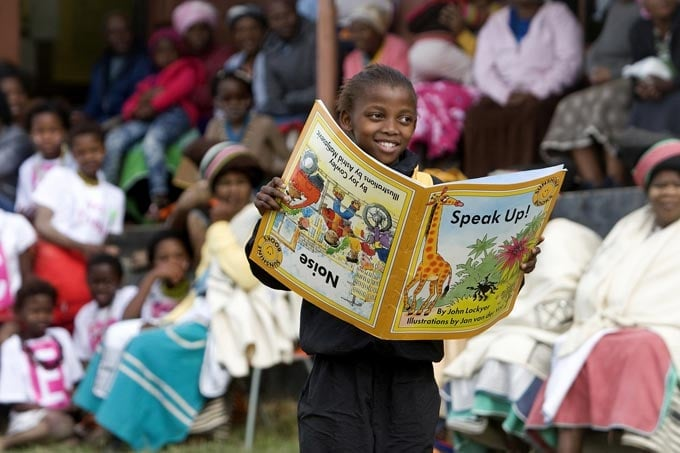
“Rally to Read is an extraordinary story – of caring, collaboration and hope,” President Cyril Ramaphosa”
This year has proven stormy on so many levels. The economic chaos resulting from the COVID-19 pandemic has left non-profit organisations such as Rally to Read, reeling. Brand Pretorius, founder and Chairman of the National Rally to Read Steering Committee explains: “As South Africans, we are at our best when we confront challenges together. That’s what we have done at Rally to Read for the last 23 years. With your support, we can continue to do so for years to come, especially during these challenging times”. Alongside him are most of the people who drove the programme forward in its formative years with the Read Educational Trust remaining at the heart of all its education efforts.
Rally to Read has a 23-year track-record of making every cent count
It is a never-ending fight to provide a decent education to children in remote areas. These schools as under-resourced, many lack basic materials such as books, paper and stationery. In extreme cases, there are no desks, electricity or basic sanitation. Illiteracy is rife. The average 14-year-old rural child has a reading age of 3 years below that of his urban counterpart which means that there is little hope of mastering books in high school.
Please go to www.rallytoread.org.za to pledge your support or e-mail rallytoread@read.co.za if you would like someone to contact you.
The drop-out rate is terrifying. The Rally to Read initiative, through complementary partnerships, facilitates a literacy programme fully aligned to the Department of Education’s goals. Rally to Read has a 23-year history of making every cent count, this means whatever is donated will go straight to improving literacy in our under-resourced rural primary schools.
Quick Facts
- 23 Years of Rallies in action
- 175 Rallies have taken place
- 614 835 Learners in the Rally to Read programme
- R35,000-million in funds raised in past 7 years
- 925 Schools supported
- 14 721 Teachers in the Rally to Read programme.
We need teachers before we can educate children
The READ Educational Trust continues to offer teachers training. A UNESCO report, which examined the number of teachers that each country needs, found that sub-Saharan Africa needs an additional 6,3 million teachers if it’s to attain universal primary education by 2030. The Centre for Development and Enterprise predicted that South Africa would need to have 456,000 teachers by 2025 to offer quality education. According to the Department of Basic Education, South Africa’s public education system has 410,000 teachers. These teachers are employed in approximately 25,000 schools across the country and are responsible for teaching 12.9 million pupils. South Africa doesn’t graduate the adequate number of teachers to meet the supply and demand. Currently, the country’s initial teacher institutions graduate 15,000 new teachers per year. This is below the 25,000-mark required to maintain an effective teacher-pupil ratio. (*Statistics the Conversation AFRICA.)
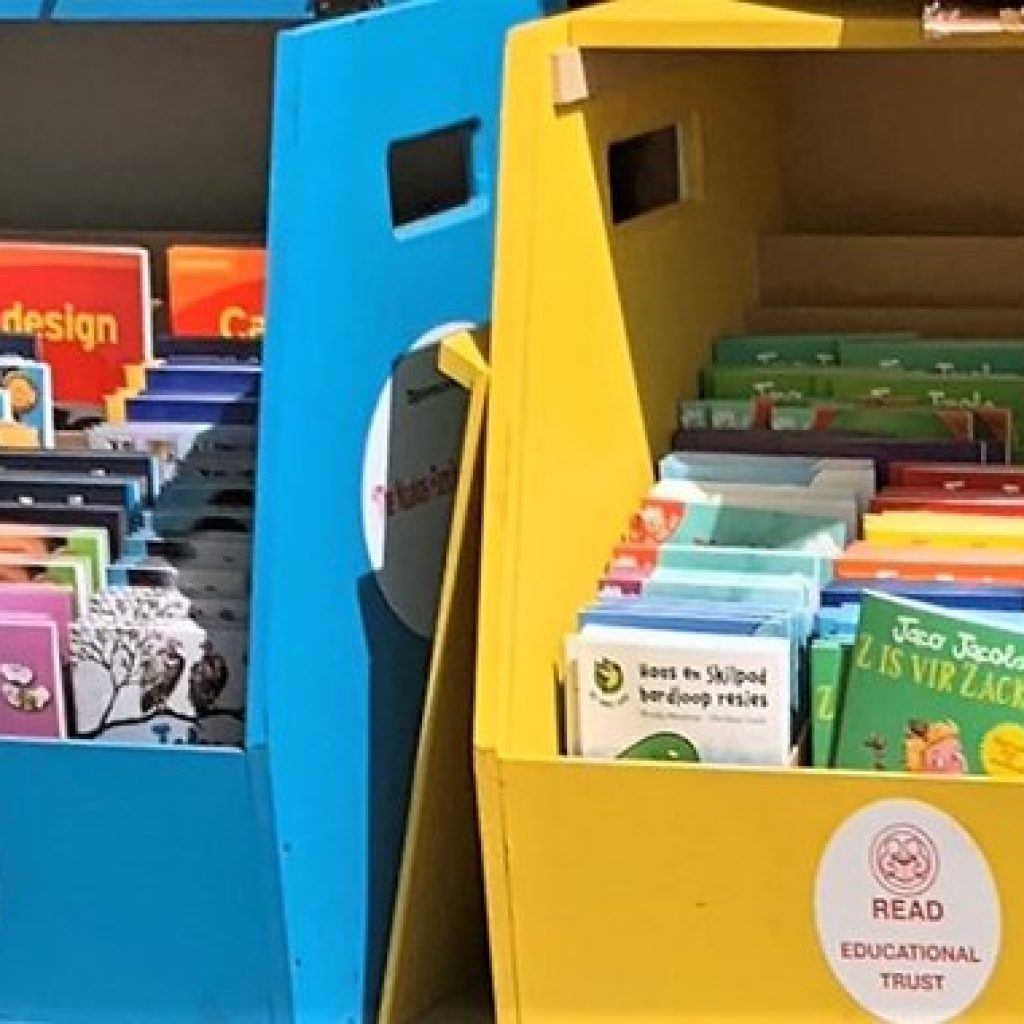
Giving our children a chance
Rally to Read has been making a difference to rural primary schools since 1998. The initiative enables children to bridge the reading gap and progress to high school and even, in increasing numbers, to university. The formula is straightforward: give our children a chance to learn, retrain teachers to help them, and watch both groups flourish as a result. We can’t snatch it away from them. Halt these children’s education now and they may never have another chance at a future.
Pandemic making challenges much harder
We can only guess at the eventual toll on lives and health during this pandemic. Millions of people face losing their jobs and the impact of this pandemic will be felt for years to come.
It’s hardly surprising that employers are looking inward. Survival requires harsh measures such as retrenchments, salary cuts and cost containment. Many companies are reducing or even ending their involvement in long-standing corporate responsibility projects. After all, can they qualify to spend resources on strangers when the money should be used to protect the future of their own people?
Reading the future
Of course, the relevant parties all recognise that Rally to Read has to change to meet this new challenge. With the exception of the Mpumalanga rally, which happened in March 2020 rallies were all scheduled to occur between August and October.
Given that COVID-19 will be with us for months, maybe years, to come, the organisers have ruled out the traditional Rally to Read format whereby sponsors travel and socialise together and mingle with children and parents. Depending on the state of the pandemic, they hope to reinstate these in 2021. “That’s why the Rally to Read national organising committee is planning a ‘skeleton’ programme for the immediate future, to protect the progress made so far. Schools will still receive educational materials, including portable classroom libraries. Teachers will continue to enjoy training from the READ Educational Trust,” says Lizelle Langford, PR and Fundraising Manager for READ.
Dependant on sponsors
The level of support, though, will depend on donors. Besides Mpumalanga, five rallies were scheduled for this year: in the Free State, Western Cape, Eastern Cape and two in KwaZulu-Natal. Shell SA, the host sponsor for one of the KZN events, around Pietermaritzburg, has guaranteed its continued support for its schools. Elsewhere, the fund-raising continues. Some sponsors have already contributed but we need more to reach our reduced targets.
Please go to www.rallytoread.org.za to pledge your support or e-mail rallytoread@read.co.za if you would like someone to contact you.
In every case, it is estimated what is required to keep the programme running on a smaller but practical scale, until it can return to normal. In the case of the Western Cape, R600,000 is required. For the others, it’s R350,000.
Matching every donation
To encourage sponsors, The Jonsson Foundation, Rally to Read’s lead sponsor and the charitable foundation of the Jonsson Workwear group, will match every donation up to an aggregate total of R500,000. That means that for every R1,000 a sponsor donates, Rally to Read will receive R2,000.
“This is an enormously generous gesture and one that I hope will persuade you to support us,” Pretorius says. “What is certain, is that schools need our continued support. Suspending Rally to Read for a year is not an option. Education can’t be switched on and off like a tap, so we need the funds to keep it flowing – or at least trickling, I am asking for your support so that we can give our children a brighter future, a future with hope, a future with work opportunities”.
Pretorius concludes: “Last year, it cost R36,000 to become a full rally sponsor, or R18,000 for a part sponsorship. We realise you may not have that money available this year (though we hope you will do your best to assist us) so we will gratefully accept whatever you offer. Instead of a traditional sponsorship, will you consider buying a single classroom box library? Or funding teacher training at one school for a year? Or training across one grade at a group of schools? These are all solutions to an immediate crisis. At Rally to Read, we are not ignoring longer-term challenges. None is more important than online learning. Digitalisation is transforming the way people learn, live and interact. If we don’t find a way to bring it to rural schools, it’s not just the education gap that will continue to widen but also the employability one”.
Please go to www.rallytoread.org.za to pledge your support or e-mail rallytoread@read.co.za if you would like someone to contact you.
More news
- PART 2: CONCRETE IN THE DESIGN OF A UNIQUE LUXURY HOME IN GEORGE, SOUTH AFRICA
- PART 1: CONCRETE IN THE DESIGN OF A UNIQUE LUXURY HOME IN GEORGE, SOUTH AFRICA
- MVULE GARDENS, AFRICA’S LARGEST 3D-PRINTED AFFORDABLE HOUSING PROJECT
- PART 3: HARNESSING THE POTENTIAL OF HIGH SULPHUR FLY ASH IN CONCRETE PRODUCTION
- PART 2: HARNESSING THE POTENTIAL OF HIGH SULPHUR FLY ASH IN CONCRETE PRODUCTION


